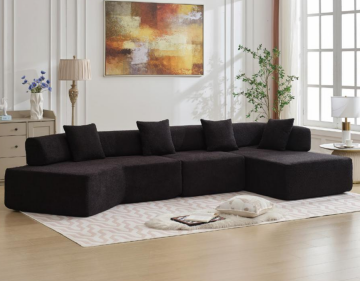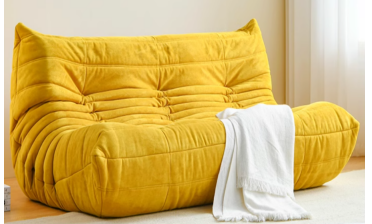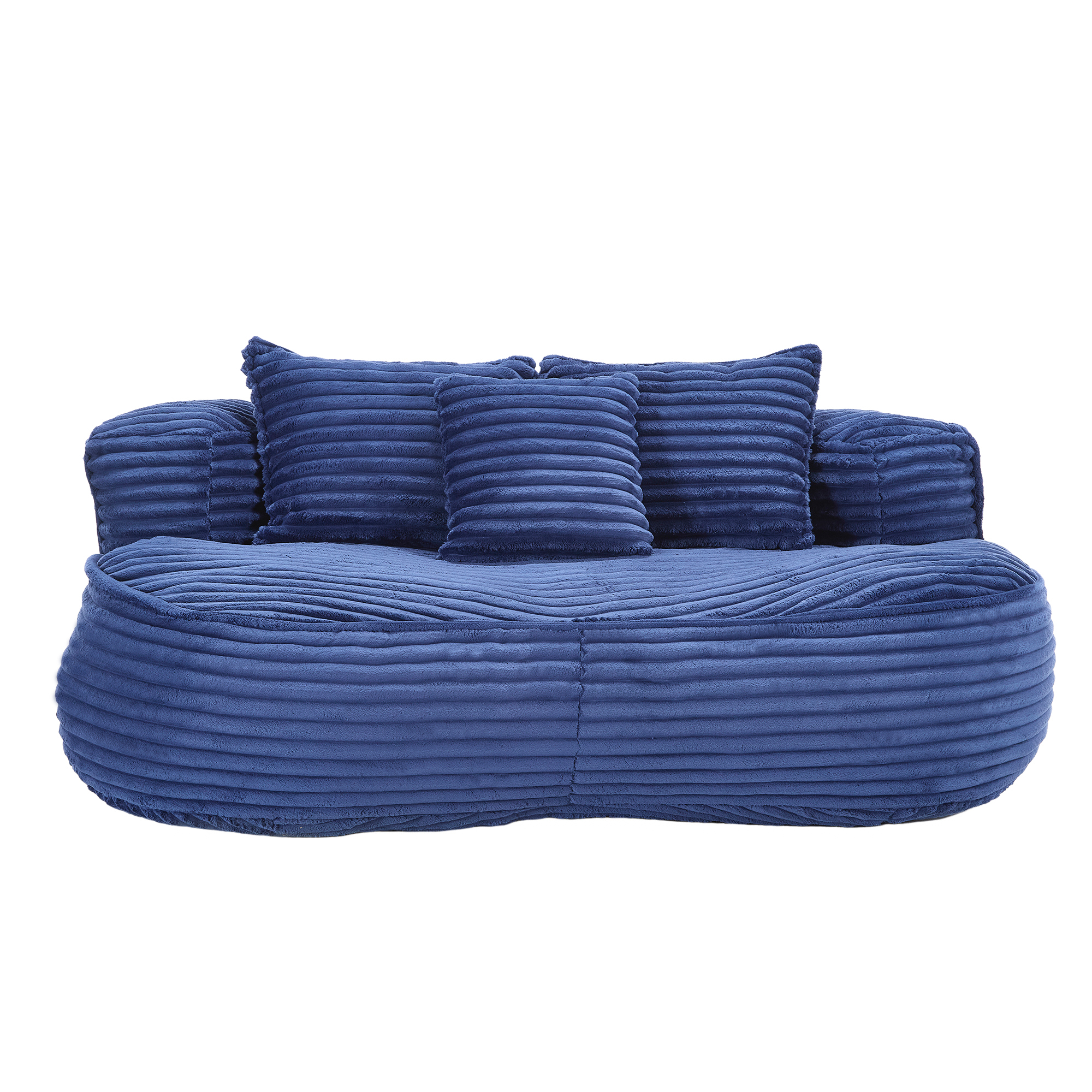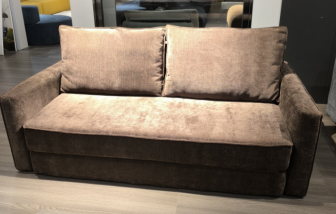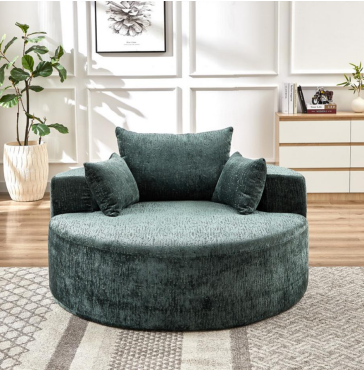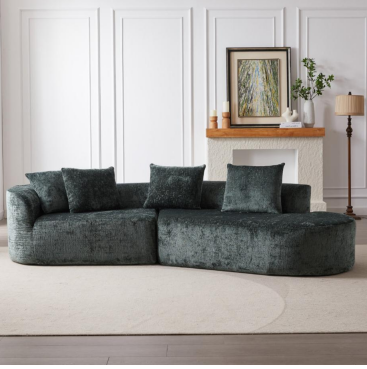The Evolving Landscape of Sofa Production
The landscape of the modern sofa production factory is undergoing a significant transformation, driven by evolving consumer demands, technological advancements, and global economic shifts. No longer are these facilities merely places of assembly; they are becoming hubs of innovation, constantly adapting to new trends that redefine how we conceptualize, manufacture, and acquire furniture. One of the most impactful trends currently shaping the industry is the increasing focus on logistical efficiency and innovative design, such as compressed sofa design, which directly addresses contemporary challenges.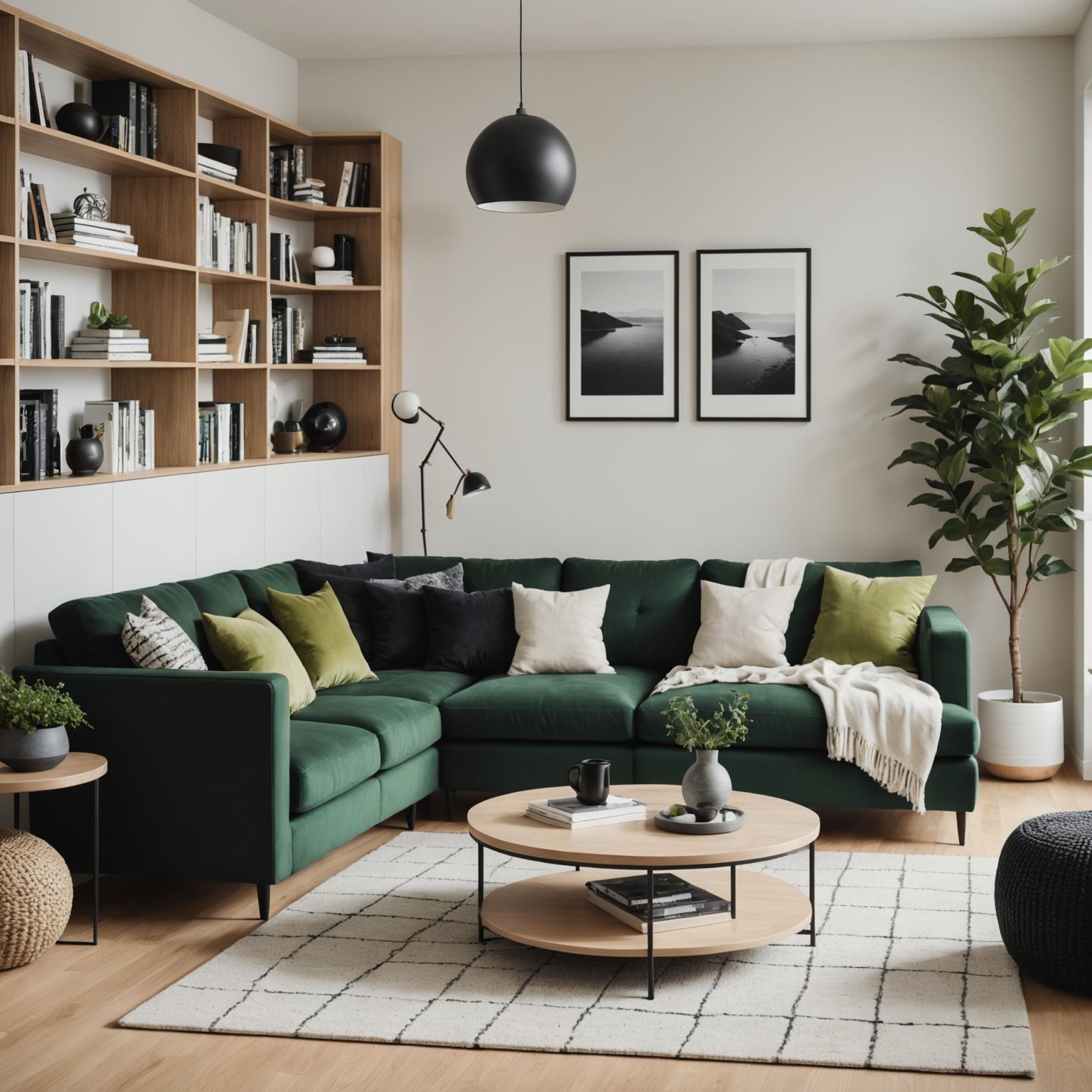
The Ascendancy of Compressed Sofa Design
A pivotal shift in the furniture industry is the remarkable rise of compressed sofa design. This isn't just a fleeting fad; it's a direct response to the practical challenges of modern living and commerce. Traditional sofas, often bulky and cumbersome, present logistical nightmares for both manufacturers and consumers. The advent of compression technology in furniture has revolutionized this aspect. Sofa production factories are now engineering sofas that can be significantly reduced in volume for shipping, often packed into manageable boxes. This innovation drastically cuts down on transportation costs, makes handling easier for both logistics companies and end-users, and reduces the carbon footprint associated with transportation. For the consumer, this translates into more affordable shipping options, simpler home delivery—especially beneficial for individuals living in apartments or homes with narrow entryways—and a more convenient unboxing and assembly experience. This trend underscores a clear focus on user-centric solutions within modern sofa manufacturing.
Sofa Manufacturing Embraces the Digital Marketplace
The evolution of sofa manufacturing is inextricably linked to the explosive growth of e-commerce. The rise of the online compressed sofa store has fundamentally altered how sofas reach the end consumer. Factories are no longer solely supplying traditional brick-and-mortar retailers; many are adopting direct-to-consumer (DTC) models or forging close partnerships with online brands that specialize in shippable furniture. This strategic shift necessitates significant changes in production lines, packaging solutions, and inventory management systems. The capability to produce high-quality, durable sofas that are specifically designed for shipping, particularly those leveraging advanced compression technology in furniture, is now paramount. This digital integration demands that a sofa production factory be agile, responsive, and capable of meeting the unique demands of online retail, which include robust packaging to withstand individual shipping and clear, user-friendly assembly instructions.
Innovations in Materials, Modularity, and Consumer Experience
Beyond compression, forward-thinking sofa production factories are pushing the boundaries with innovative materials and versatile designs, such as adaptable modular sofa sets. There is a clear trend towards utilizing luxurious yet durable textiles that are easy to maintain, often featuring stain and wear resistance to ensure longevity. This focus on practicality combined with aesthetic appeal is a key driver for consumer satisfaction. Furthermore, the concept of modularity, where sofas can be easily disassembled, reconfigured, and transported in compact pieces, aligns perfectly with the ethos of compressed sofa design and addresses the challenges of rising transportation costs. This not only optimizes logistical efficiency but also offers consumers unparalleled flexibility to adapt their furniture to evolving living spaces or changing style preferences. The emphasis on easy assembly, often without the need for specialized tools, further enhances the customer experience, making sophisticated and stylish designs more accessible and user-friendly than ever before. This comprehensive approach shows a deep understanding within sofa manufacturing of contemporary consumer needs and lifestyle dynamics.
Towards an Eco-Conscious and Cost-Effective Future
The prevailing trends in sofa manufacturing, particularly the emphasis on compressed sofa design and enhanced logistical efficiency, also highlight a growing environmental consciousness and economic prudence within the industry. Reducing shipping volumes through smart design and compression technology in furniture not only lowers operational costs for both the sofa production factory and ultimately the consumer, but also significantly lessens the environmental impact associated with transportation. This is a crucial consideration for today's increasingly eco-aware buyers. More efficient shipping translates to fewer delivery vehicles on the road and an optimized use of resources. Moreover, the industry’s pivot towards durable, high-quality materials contributes to overall sustainability by extending the lifespan of the product, thereby reducing the frequency of replacement and waste. The synergy between innovative design, such as that found in an online compressed sofa store, and sustainable manufacturing practices is reshaping the industry for a more responsible and economically viable future.
Conclusion: The Dynamic Future of Sofa Production
In conclusion, the modern sofa production factory is at the epicenter of a dynamic evolution within the global furniture industry. Key trends such as the widespread adoption and refinement of compressed sofa design, strategic integration with the burgeoning online compressed sofa store ecosystem, and continuous innovation in materials science and modular functionality are not isolated developments. Instead, they represent interconnected shifts reshaping how sofas are conceived, manufactured, distributed, and ultimately enjoyed by consumers. Propelled by the capabilities of advanced compression technology in furniture and an unwavering commitment to meeting contemporary lifestyle demands, sofa manufacturing is becoming demonstrably smarter, more efficient, and increasingly consumer-focused. This ongoing transformation promises a future where style, convenience, affordability, and sustainability coalesce seamlessly in the furniture we bring into our homes.



